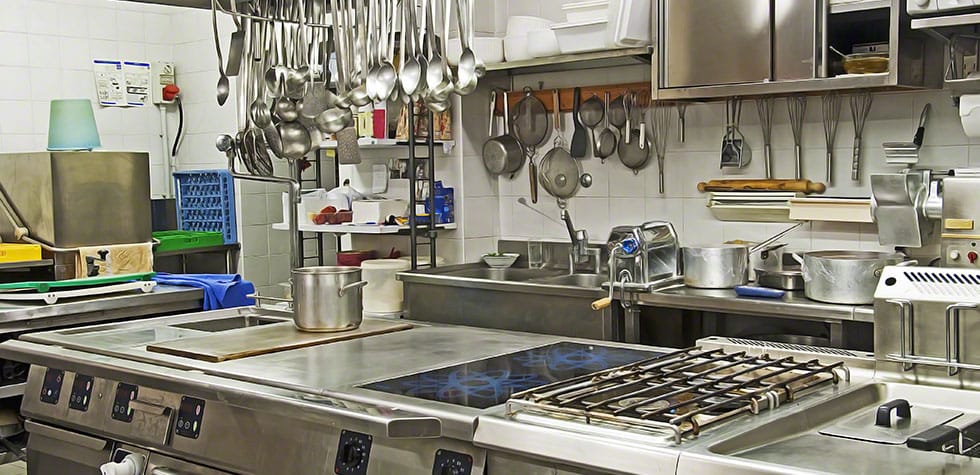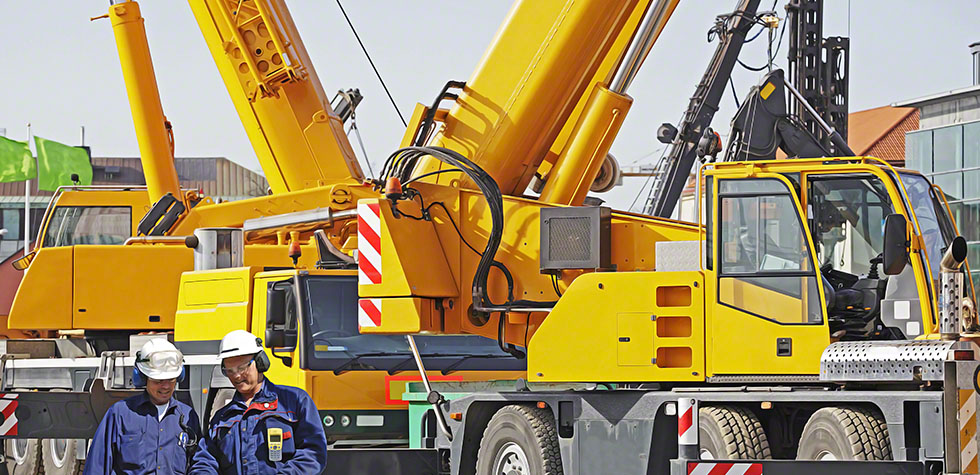Restaurants rely heavily on appliances like commercial gas ovens to keep a constant, uninterrupted supply of food ready for their customers. These ovens, if bought from a reputable brand, can be really reliable and long lasting. But just like any other commercial appliances, you may need commercial gas oven repair from time to time.
If you have a commercial gas oven in your restaurant as well, you must know how to detect and fix some of the most common issues that happen to these commercial appliances. Doing this is vital to avoid downtime in commercial operations.
Here is how you can detect and fix some of the most common commercial gas oven problems, and keep the appliance working in the long run without any interruptions. Let’s start!
Gas Oven Heating Issues
These commercial ovens have thermostats which can be adjusted to reach any desired temperature. Sometimes, the oven might fail to reach the desired temperature set by you. This is mostly an oven thermostat issue. Thermostat can either be broken, or improperly calibrated if this issue persists.
It is usually easy to fix or replace a faulty thermostat, and a trained staff member can easily do this to keep the operations going on. However, you can also hire a professional for the task if no one is trained to fix the issue.
Gas Leakage From The Cooker
Since we’re talking about Commercial “Gas” Ovens, it is sure that they will use a gas connection to function. If your commercial gas oven gives out strong gas odor when turned on, you should take this problem seriously.
The issues causing this problem can range from minor to major, and in the worst case scenario, this might be due to a broken seal. This issue should never be ignored. Turn off the oven immediately, cut its gas connection, and get in touch with an expert for an emergency repair service.
Issues With Pilot Light
Thermocouple problems are very common in commercial gas ovens, and these issues often cause the pilot light to malfunction. The safety valve might not open if the thermocouple is away from the flame. However, if the thermocouple is in place but still fails to light up the oven, the thermocouple might need a replacement.
You can hire an appliances technician for this task, as this won’t take a lot of time or money to correct, but ignoring this issue can further worsen the condition of your commercial gas oven.
Improper Cooking
Newly installed thermostat, and even an older one can cause this issue. Thermostats have their unique mechanism of reading and controlling the temperature within the oven. There is usually a bulb used to detect the temperature, and this bulb is placed inside the oven.
Since there is a fixed location for the thermostat’s bulb, a bulb installed in the wrong place can cause the thermostat to malfunction. Because of this reason, the food won’t be heated evenly.
If this is the problem with your commercial gas oven as well, get in touch with an expert who can detect the actual problem with your oven and detect it in the best way possible to avoid further complications.
Do Regular Maintenance Checkups And Cleanup
The best way to avoid certain issues, and catch them early on is getting regular maintenance checks for your commercial gas oven. Doing this is vital to keep your restaurant going without any downtime, because that would mean angry customers and lost business for a few hours, or even days if the problem is complicated.
A well trained commercial gas oven technician can do regular checkups, and look for any errors or issues in the oven that are still in the developing stage. This way, those issues can be mitigated before they grow to become real big problems for your restaurant’s routine operations.
In addition to regular maintenance checkups, you should also direct your staff members to properly clean the gas oven on a regular basis. That is because a majority of the problems are caused by buildup of food spilt in the oven. So, a combination of routine cleaning and regular maintenance checkup by commercial appliances repair Springfield services can keep your restaurant going uninterrupted in day to day operations.




